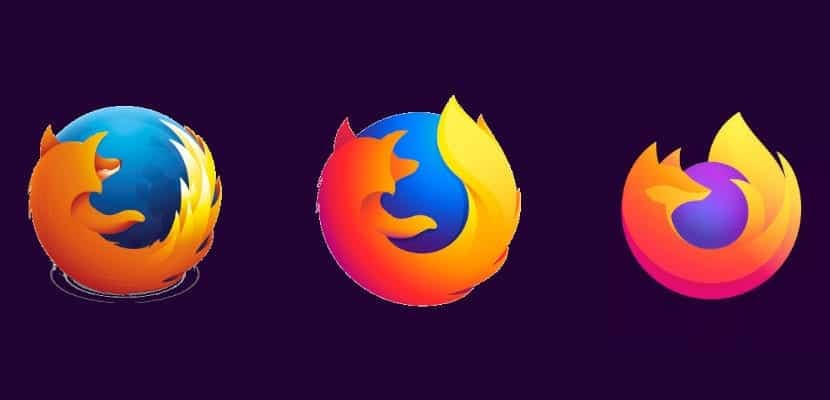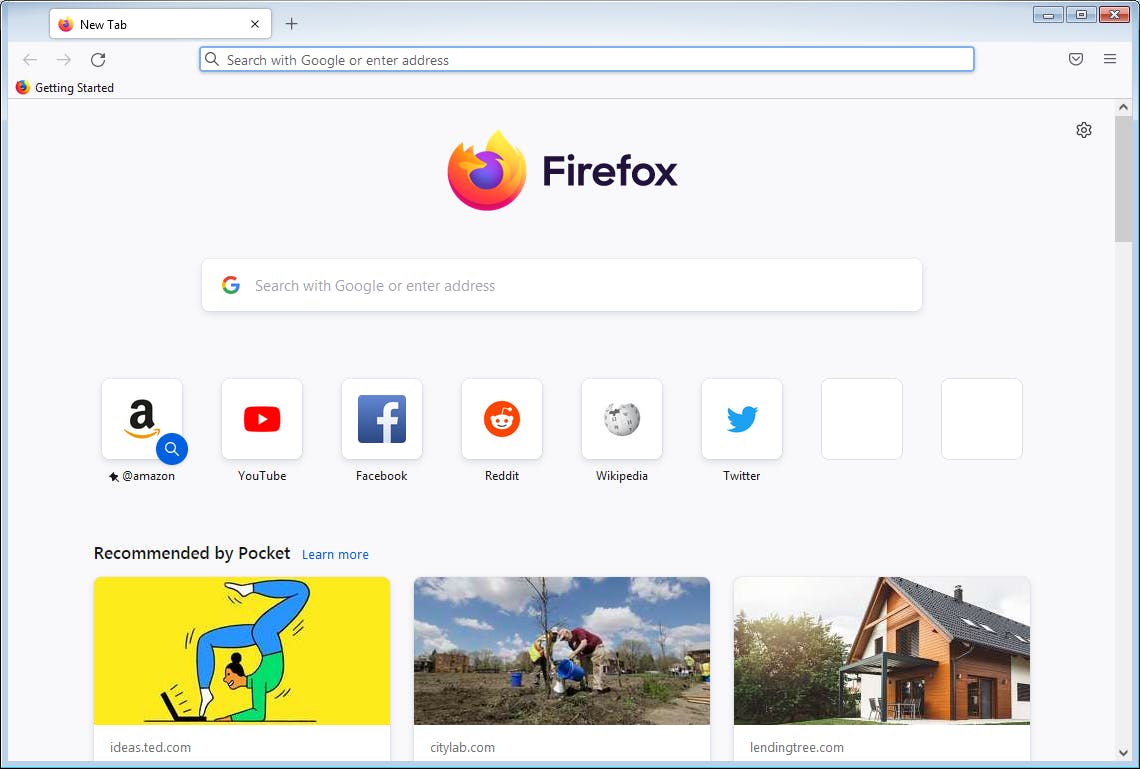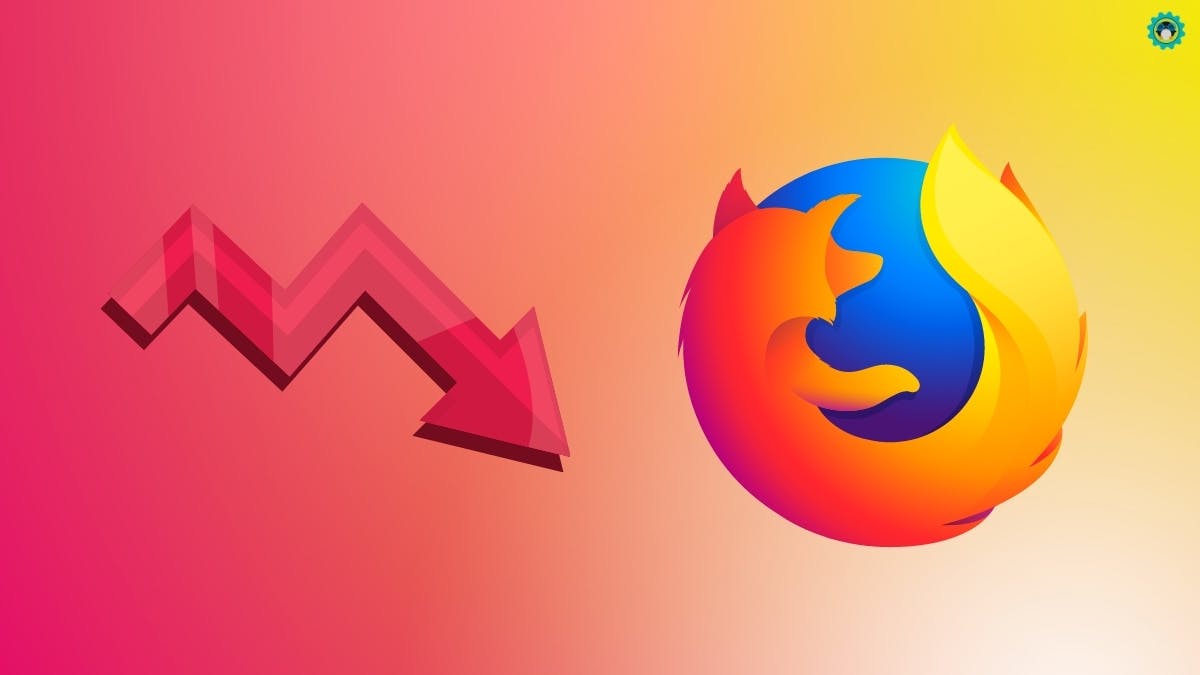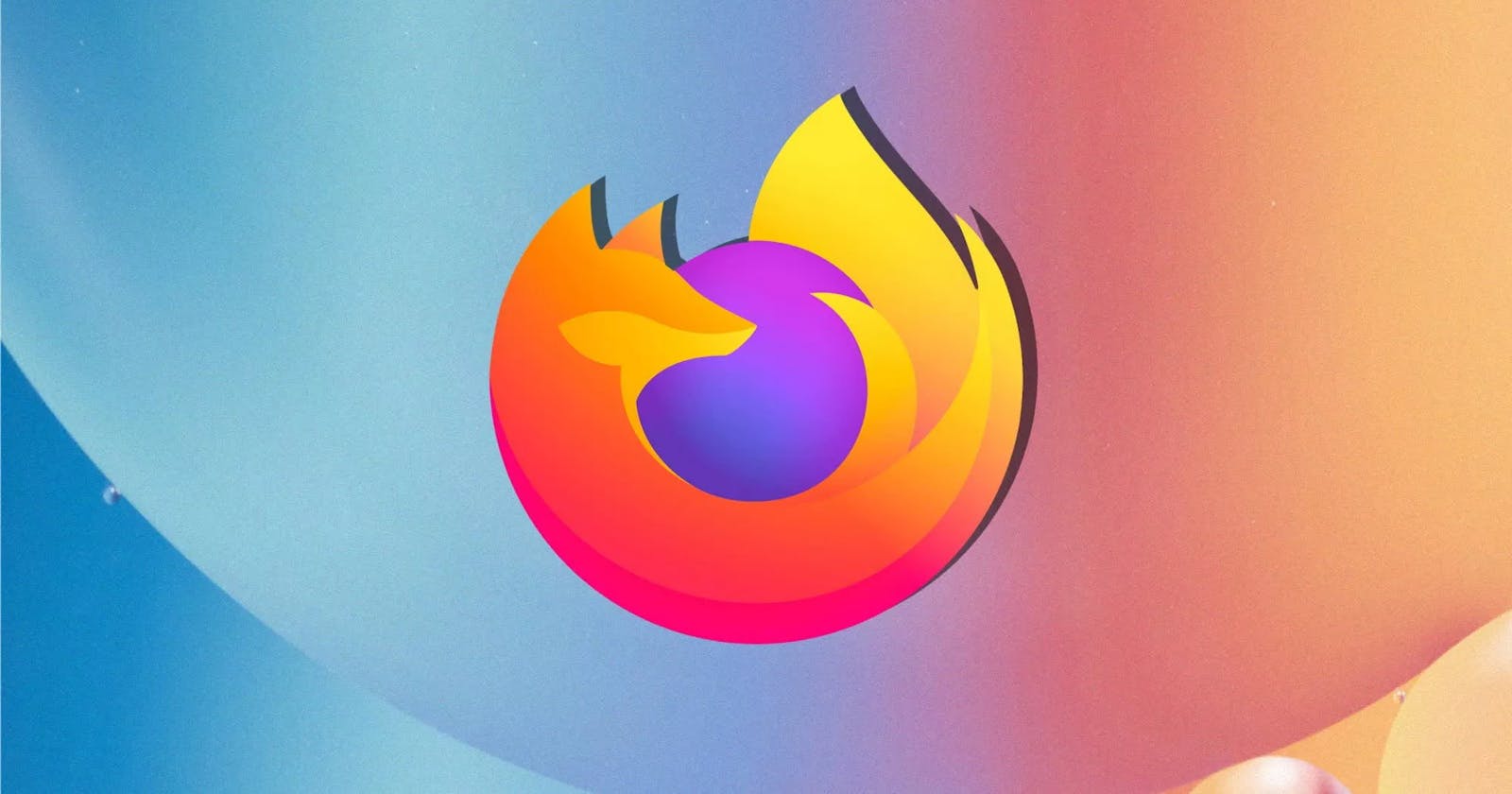We take the internet for granted. Earlier days, we buy internet browsers. They costed money back then and back then, internet was a privilege to most people.
Nowadays, everything is either free or cheap. The browsers became free to use and some of them even became free and open source.
At present we have major browsers like Firefox, Chrome, Microsoft Edge, Brave , Vivaldi etc. but most of these browsers are Chromium-based browsers with Firefox being the exception.
Since Firefox is the only non-Chromium browser in the market, it plays an important role in the world of internet.
History of Firefox
Firefox was created by Mozilla in 2002. It began as an experiment and was called Phoenix at first.

It was intended to be a separate bloat free project away from the bloaty software called Mozilla Suite and after seeing the success of Phoenix, Mozilla decided to focus on Phoenix instead of Mozilla Suite.
The browser's name was later changed to Firefox.
Firefox uses Gecko engine for web rendering which, something that most browsers these days don't.
The browser went through major changes and it's the oldest browser that's still widely used.
In 2016, it went through major changes and Firefox Quantum came to life which improved Firefox's performance and UI changes.
It was one of the most used browsers back in the day and was praised for its performance.

Decline in Popularity

Soon after Google Chrome came into existence, the popularity of Firefox started declining.
Firefox slowly started losing most of its user share to Chrome while Chrome started getting more and more popular.
More and more users started flocking towards Chrome whereas browsers like Internet Explorer and Firefox steadily observed a decline in market share.
Importance of Firefox

Firefox is a free and open source software which means that it's completely free to use and it's source code is visible to all.
It's also backed by Mozilla which is a non-profit organization. This makes Firefox more trustworthy than its competitors.
Being the only major browser using an engine that's not V8 or Chromium, Firefox remains a unique choice for internet users.
It also helps maintain balance in the browser market by not letting competitors like Google abuse the web standards but that didn't stop Google from doing that anyway.
Google's Abuse of Open Web Standards

Google is notorious for messing with open web standards.
They've slowed down or made some features of Google's services a bit harder to access in the past.
Since Chrome has the biggest market share in the browser industry, Google has been manipulating this power left and right to mess with open web standards and make things harder for Firefox.
Recently, they've also announced that they will be disabling a feature that lets adblockers work on Chrome which is a good way for them to get rid of adblockers and annoy their users with ads.
Despite all these bad moves, people still support and use Chrome because most of its users aren't tech savvy or don't care about their privacy.
Future of Firefox??

The future of Firefox seems bleak and uncertain. It has been steadily losing its market share to its Chromium-based competitors and its popularity is decreasing too.
The future of the internet relies on Firefox existence. Without Firefox, Chromium will take over the internet and there won't be any competitor to keep the web standards in check.
Fortunately, Firefox is popular among open source enthusiasts and Linux distributions so there's a chance that we might be able to keep Firefox alive.
This article was written using Firefox btw.
